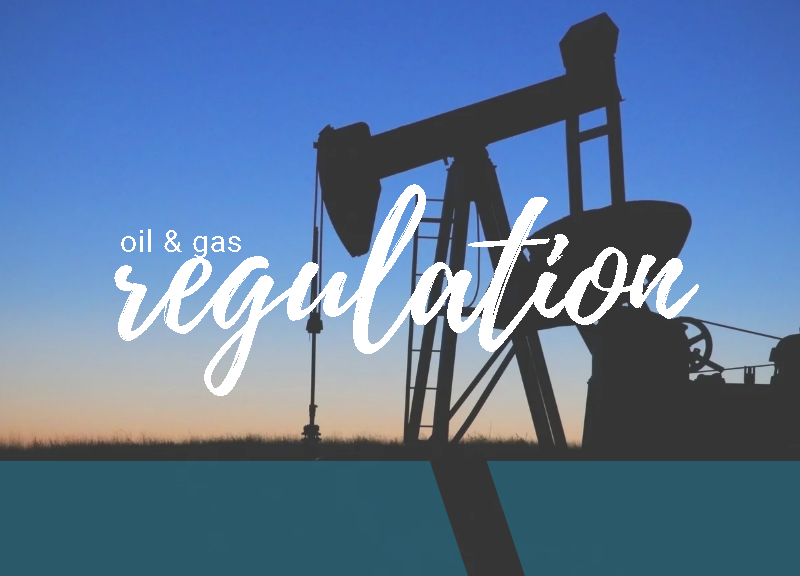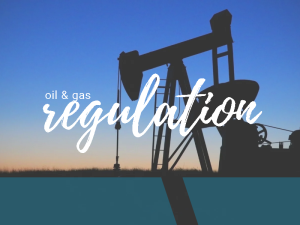Commissioning and Startup: Diving in
In the complex and heavily regulated Canadian oil and gas industry, the stages of commissioning and start-up serve as critical milestones in every project’s lifecycle. These stages not only set the foundation for efficient and safe operations but also help ensure compliance with stringent industry standards. Through adept management of these phases, companies like the Intricate Group, a leading Canadian energy services firm, help bring projects from concept to reality. But beyond the start-up phase, the recurring process of turnarounds also plays a crucial role in the industry.
Laying the Foundation: Commissioning in the Oil and Gas Sector
The commissioning phase is the first step in bringing an oil and gas project to life. It encompasses design, installation, testing, and fine-tuning of all systems, subsystems, and components involved in the project. As defined by the Canadian Association of Petroleum Producers, commissioning is a quality assurance process that begins during the design phase and continues throughout the project’s life. Companies like Intricate Group offer comprehensive commissioning services that provide full cycle support to clients, ensuring alignment between project design requirements and operational needs.
 Start-Up: Setting Operations into Motion
Start-Up: Setting Operations into Motion
Once commissioning has been successfully completed, the start-up phase initiates the operation of systems and equipment according to their designed and commissioned state. As outlined in Alberta’s Energy Regulator guide, start-up is the crucial juncture when operational readiness is assessed, and the capability of the staff to operate safely and efficiently is confirmed. Intricate Group’s start-up assistance services are designed to manage this critical phase, combining technical knowledge and hands-on experience to ensure a smooth transition into normal operating conditions.
The Role of Turnarounds in Operational Excellence
In the oil and gas industry, turnarounds refer to planned periods of non-production, when routine maintenance or upgrades can take place. These planned interruptions are necessary to ensure the facilities continue to run safely and efficiently. According to a report by Reuters, effectively managing turnarounds can significantly reduce downtime, minimize revenue loss, and maximize the value of maintenance efforts.
Interplay between Commissioning, Start-Up, and Turnarounds
Commissioning and start-up are closely linked with turnaround activities. Systems may be updated or enhanced during a turnaround, necessitating a mini-commissioning and start-up process to confirm the changes function as intended. Efficiently handling these activities can save time, resources, and mitigate the risk of unforeseen issues upon restart.
Moreover, data gathered during commissioning and start-up can offer invaluable insights for future turnarounds, aiding in identifying potential issues and improving system performance. Intricate Group’s data management services are instrumental in this regard, ensuring optimal data utilization for continuous operational enhancement.
The intricacies of commissioning and start-up in the Canadian oil and gas industry highlight their essential role in safe and efficient operations. When integrated with effective turnaround management, they contribute significantly to operational excellence. Leveraging the expertise of companies like Intricate Group, operators can navigate these stages with greater confidence, enabling the successful delivery and long-term sustainability of their projects. By doing so, the industry moves towards a future of increased safety, productivity, and compliance with the high standards that characterize Canada’s oil and gas sector.


 The Organization of Petroleum Exporting Countries (OPEC) is crucial in regulating oil prices. This organization is made up of 14 member countries that have substantial amounts of oil reserves and produce more than half of the world’s oil. Members of OPEC coordinate their production and export levels in order to keep the price of oil stable. When supply exceeds demand, members agree to limit production in order to reduce global supply and raise prices. When demand exceeds supply, members can raise production in order to expand global supply and lower costs.
The Organization of Petroleum Exporting Countries (OPEC) is crucial in regulating oil prices. This organization is made up of 14 member countries that have substantial amounts of oil reserves and produce more than half of the world’s oil. Members of OPEC coordinate their production and export levels in order to keep the price of oil stable. When supply exceeds demand, members agree to limit production in order to reduce global supply and raise prices. When demand exceeds supply, members can raise production in order to expand global supply and lower costs.